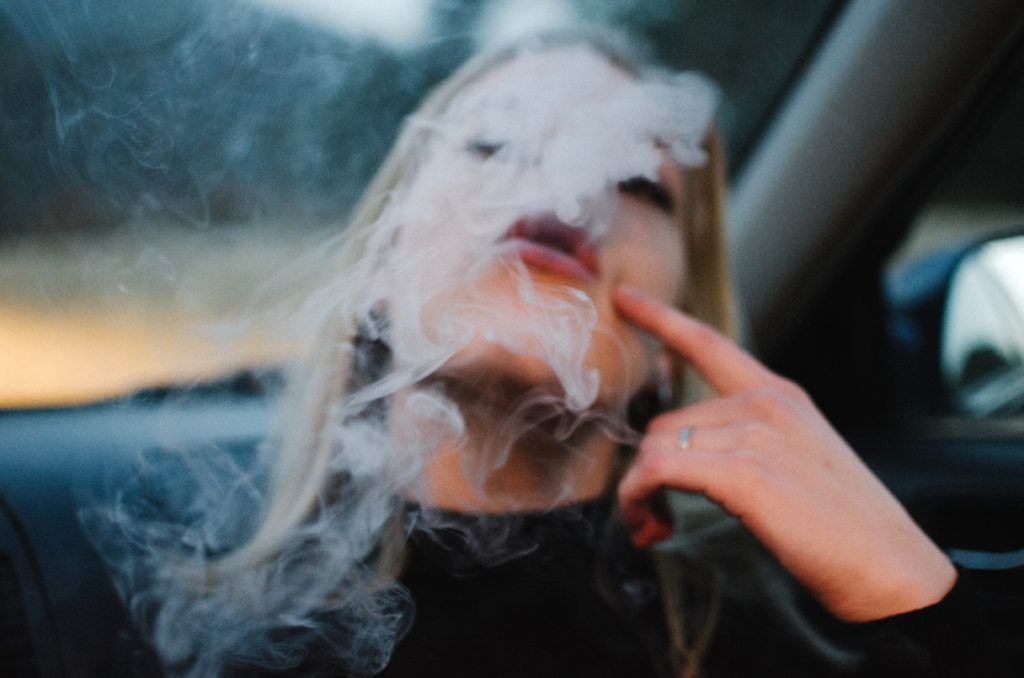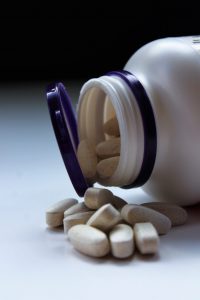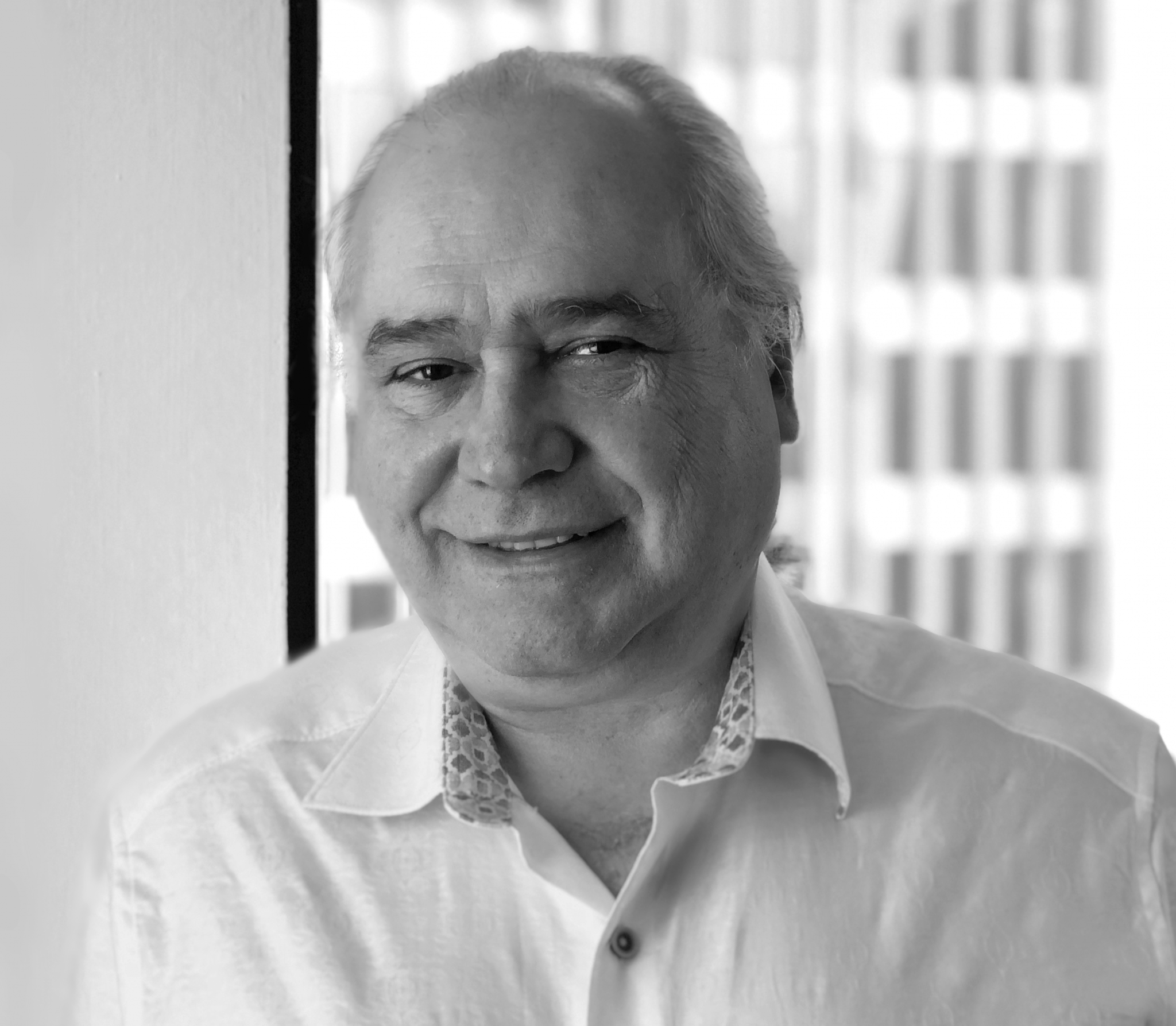Marijuana Addiction Treatment: Medication Can Reduce Cravings
As the medical applications of marijuana become better known, and as more states have legalized both medical and recreational marijuana use, more people are likely to incorporate marijuana into their daily lives. But just because it’s legal, doesn’t mean it’s harmless. Cannabis abuse can lead to full-blown addiction, complete with cravings and withdrawal symptoms.
Fortunately, it appears that cannabis use disorder may respond to some of the same medications used to combat alcohol addiction, including naltrexone. Let’s examine how naltrexone and certain other medications can be used as a marijuana addiction treatment.
The Problem of Marijuana Addiction, Cravings, and Withdrawal

Cannabis takes many forms in today’s world, from smoked marijuana to edibles and oils. Products that contain only CBD (cannabidiol) may ameliorate health conditions like chronic pain without causing a “high,” while products containing significant amounts of THC (delta 9-tetrahydrocannabinol) produce relaxation and euphoria.
THC achieves these effects by binding to opioid receptors in the brain called cannabinoid receptors. It takes the place of the body’s self-produced cannabinoids in those receptors, producing a flood of the pleasure-causing neurotransmitter, dopamine.
Anything that causes pleasurable changes in brain chemistry can lead to physical and/or psychological addiction. In the case of cannabis use disorder, relying on the drug for relaxation, or as a response to anxiety, can make users feel like they need it to survive from day to day.
On a biochemical level, the brain reduces its production of pleasure-causing neurotransmitters when it’s regularly receiving doses of THC. So when the user stops ingesting THC, the brain’s dopamine levels plunge. As a result, users not only crave cannabis, but also experience withdrawal symptoms such as:
- Irritability
- Loss of appetite
- Mood problems
- Sleep difficulties
- Physical discomfort
The sheer misery of withdrawal, coupled with the cravings, can reinforce addictive behaviors. Sufferers may think that they have no options for controlling their cannabis usage other than quitting entirely—but we’re happy to report there are alternative options. One of those options is the non-addictive, non-habit-forming medication naltrexone.
How Naltrexone Can Be Used as a Marijuana Addiction Treatment

Scientists have been researching the value of naltrexone as a form of chemical intervention to reduce both the craving for marijuana and the feeling of “reward” that reinforces addiction.
Naltrexone is an opioid antagonist. This means it blocks opioid receptors in the brain, reducing the feelings of pleasure and reward associated with ingestion of substances that stimulate dopamine production. One such substance is alcohol; another is marijuana.
Studies indicate that naltrexone may be a viable marijuana addiction treatment in much the same way that it treats alcohol addiction. One six-week study showed that participants who only received a placebo were 7.6 times more likely to keep using cannabis than participants who received naltrexone. Once the participants stopped using naltrexone, their rate of cannabis usage went back up.
These findings imply that naltrexone could give people with marijuana addiction a useful window of opportunity to reduce their consumption or wean themselves off of the drug with the aid of other supportive care.
“Off-Label” Options to Help Users Avoid Marijuana
Naltrexone isn’t the only medication that can help people reduce, control, or end their relationship with cannabis. Certain “off-label” drugs (the term for drugs which are FDA-approved for uses other than the one in question) can help fight withdrawal symptoms; those drugs include dronabinol and buproprion.
Another drug that can both reduce cannabis withdrawal symptoms and fight alcohol dependence is the anti-seizure medication gabapentin—which eases the anxiety associated with withdrawal.
Have a question about marijuana abuse or medication-assisted treatment? Feel free to leave a comment below.

Will insurance cover treatment? Verify Coverage
Have Questions? Call (800) 504-5360



